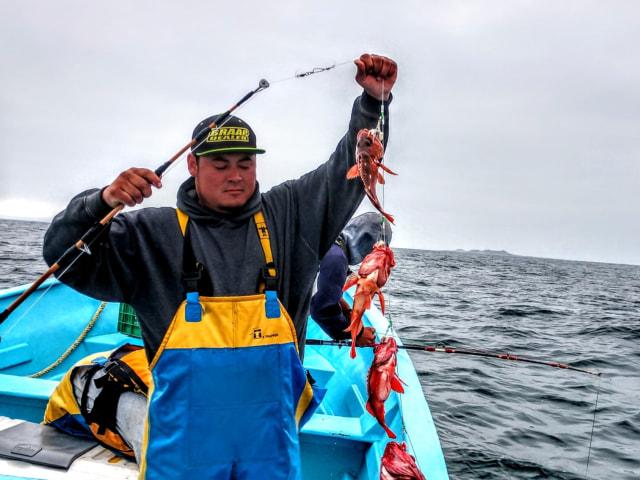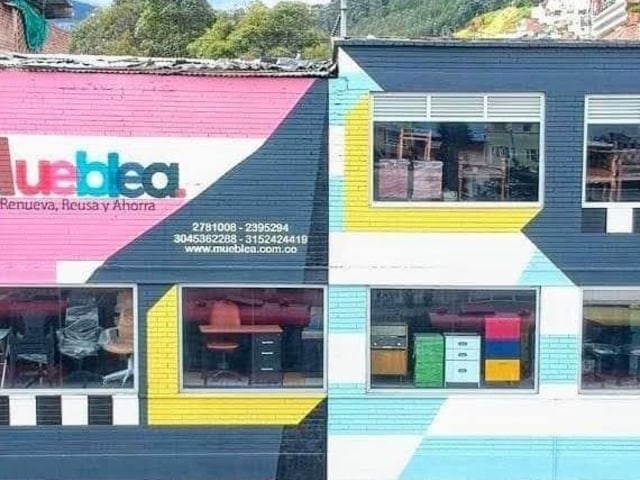
Social enterprises driving global change on World Food Day
Every year on 16 October, World Food Day highlights important topics such as food waste, sustainable agriculture, biodiversity, and the challenges faced by fishing communities — all in an effort to combat climate change. This year's theme is "Hand in Hand for Better Foods and a Better Future”. It's the perfect opportunity for us to shine a spotlight on the incredible efforts of social entrepreneurs, who are making everyday life better for so many people and how they're creating a more sustainable and inclusive world.








